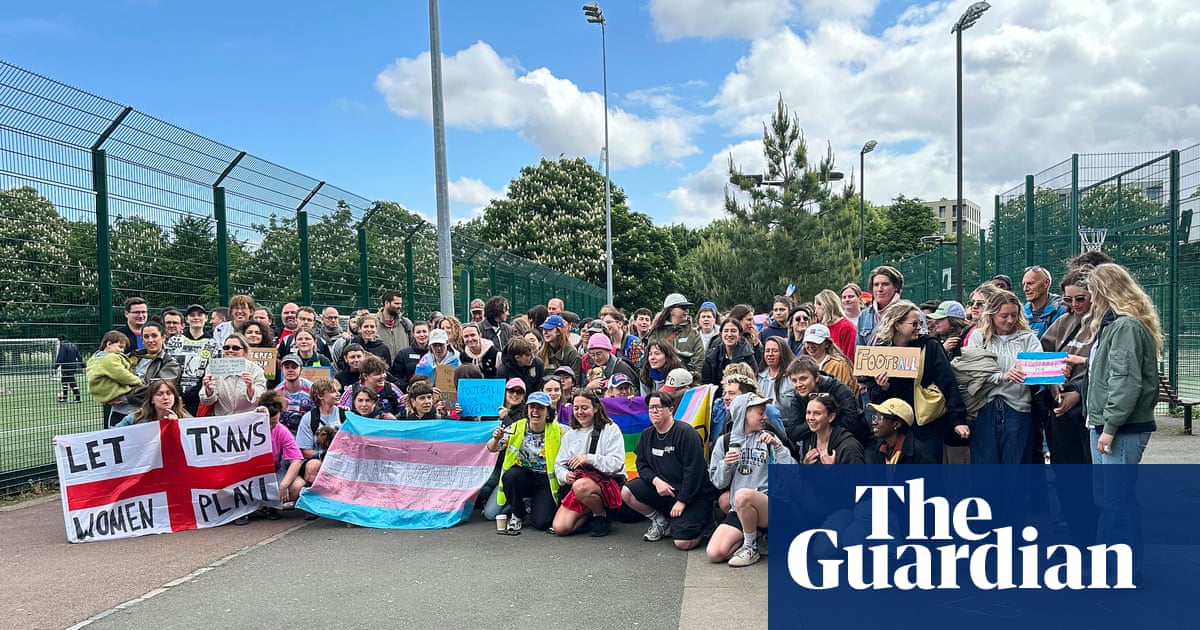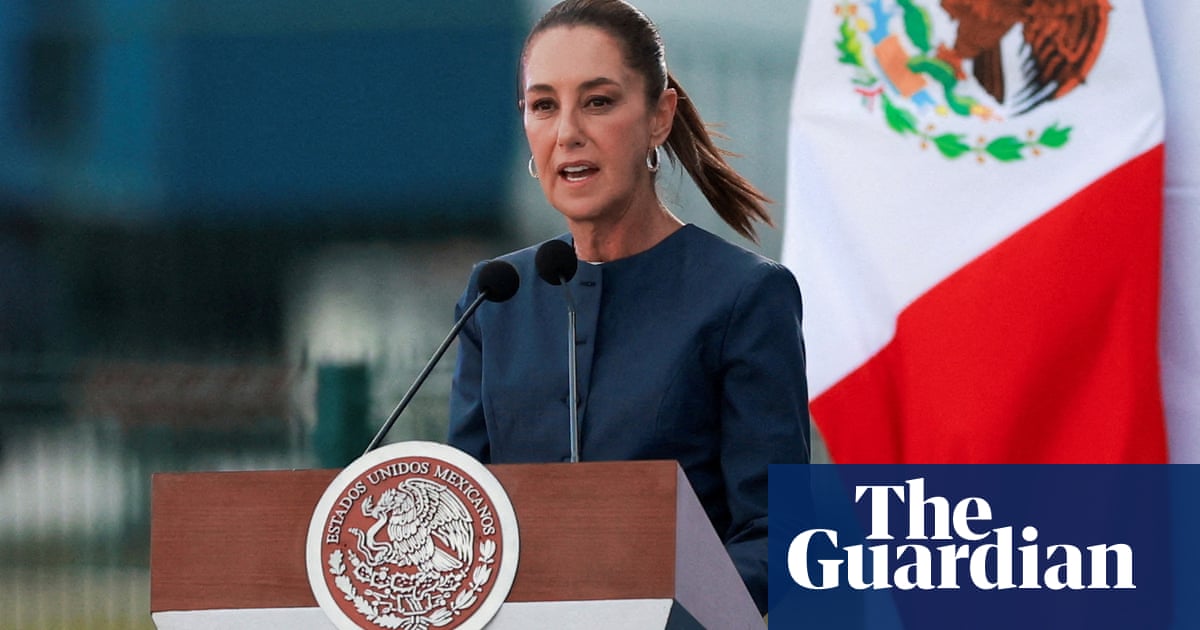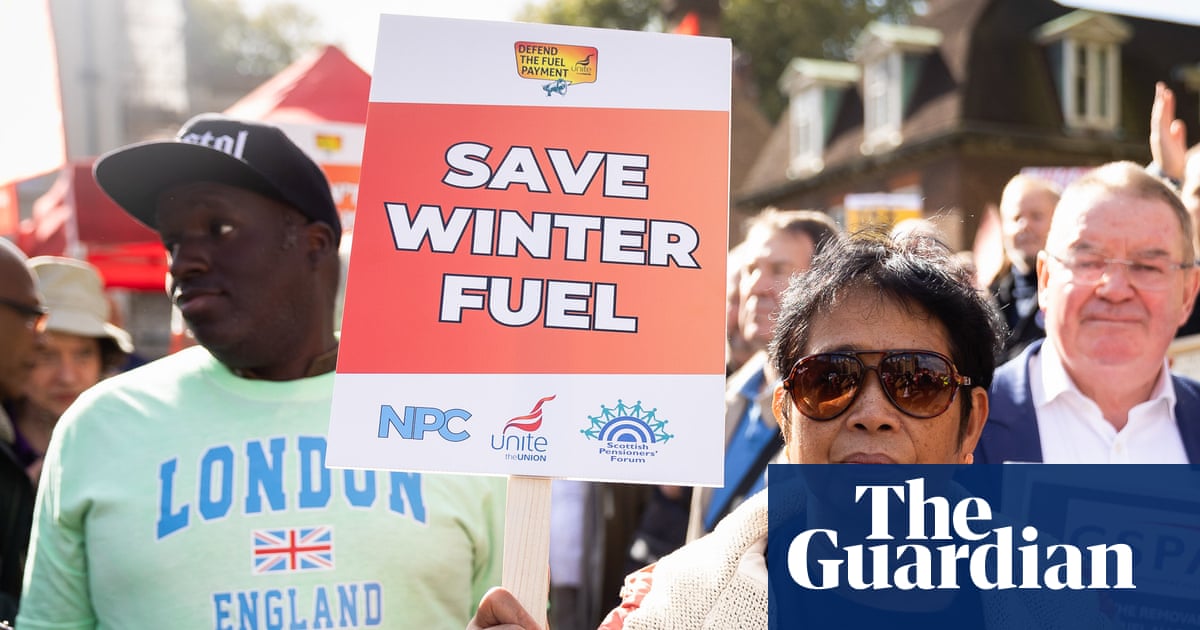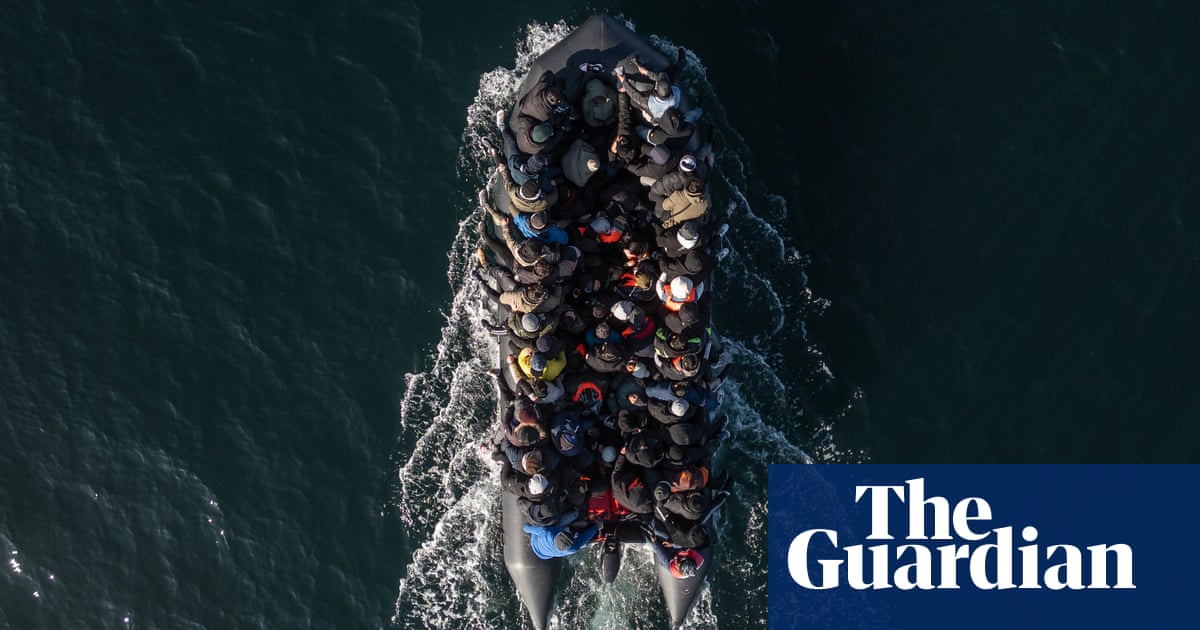An attempt by Sudan’s government to make the United Arab Emirates legally accountable for acts of genocide in West Darfur has been rejected by the international court of justice after the judges voted by 14 to 2 to declare they had no jurisdiction. By a narrower majority the judges voted 9 to 7 to strike the case entirely from the ICJ list.
The two-year civil war in Sudan has seen repeated allegations that the UAE has been flying arms to the paramilitary Rapid Support Forces (RSF) in a bid to oust the Sudanese Armed Forces (SAF) led by Abdel Fattah al-Burhan.
However, when the UAE signed up to article IX of the genocide convention in 2005, it inserted a reservation stating it would not allow disputes about the interpretation, application and fulfilment of the convention to be resolved at the ICJ.
The ICJ ,president, Yuji Iwasawa, acknowledged that Sudanese government lawyers in presenting their case has claimed that the RSF had engaged in “extra judicial killing, ethnic cleansing, rape, enforced disappearances and burning of villages as well as killing on an ethnic basis”.
The court was “deeply concerned about [how] the unfolding conflict led to untold loss of life and suffering in west Darfur”. But, the president said, the UAE reservation had been formulated in clear terms, and was not incompatible with the purpose of the genocide convention.
The judges’ ruling was largely expected but marks a second diplomatic victory in the UAE efforts to ward off allegations that it has been prolonging the bloody two-year civil war by arming the RSF. A UN panel of experts report on 29 April published no evidence that the UAE were arming the RSF.
Speaking after the ICJ ruling in the Hague, , deputy assistant minister for political affairs at the UAE Ministry of Foreign Affairs said: “Quite simply, today’s decision represents a resounding rejection of the Sudanese Armed Forces’ attempt to instrumentalise the court for its campaign of misinformation and to distract from its own responsibility.
“The facts speak for themselves: the UAE bears no responsibility for the conflict in Sudan. On the contrary, the atrocities committed by the warring parties are well-documented.
“The international community must focus urgently on ending this devastating war and supporting the Sudanese people, and it must demand humanitarian aid reaches all those in need. The Sudanese Armed Forces and the Rapid Support Forces must stop fighting, must stop weaponising aid, and must endorse civilian leadership independent from military control as the only foundation for sustainable peace.”
The ICJ ruling that it had no jurisdiction is controversial for some. A group of prestigious international jurists last week backed a legal opinion from the Raoul Wallenberg Centre for Human Rights argued: “While some narrowly tailored reservations to article IX of the genocide convention might be permissible, blanket reservations to the entirety of article IX should be rejected as invalid”.
They argued “the utility of the genocide convention is not for states to adopt these principles in the abstract, which exist with or without the convention, but to bind states to comply with its terms.
“To allow states to exempt themselves from the genocide convention’s only judicial mechanism not only undermines the integrity of the convention, but also the efficacy, foreseeability, and reliability of the international system as a whole.
Currently 153 states are party to the genocide convention, with 16 states inserting blanket reservations including the UAE. The UK has been one of a group of influential states that have argued such broad reservations may be incompatible with the convention.
In its opinion, the Wallenberg Centre concluded: “The current expectation that the court bend to the will of outlier reserving states seeking to evade participation in cases as significant as genocide should be reversed. In 2025, these states should not have the final word before the judicial process even begins. They should be compelled to account for their actions in a court of law.”

.png) 5 hours ago
3
5 hours ago
3













































